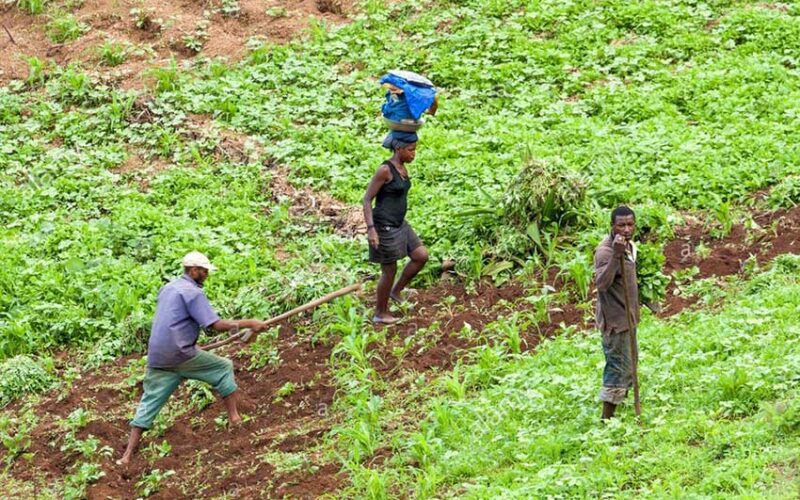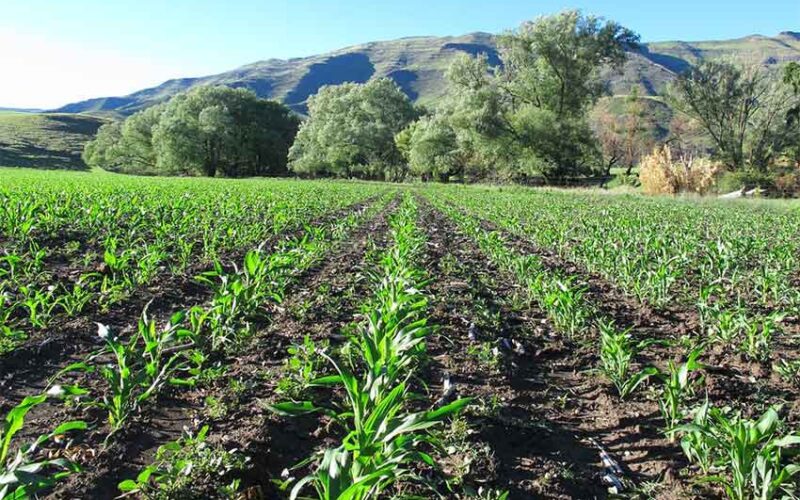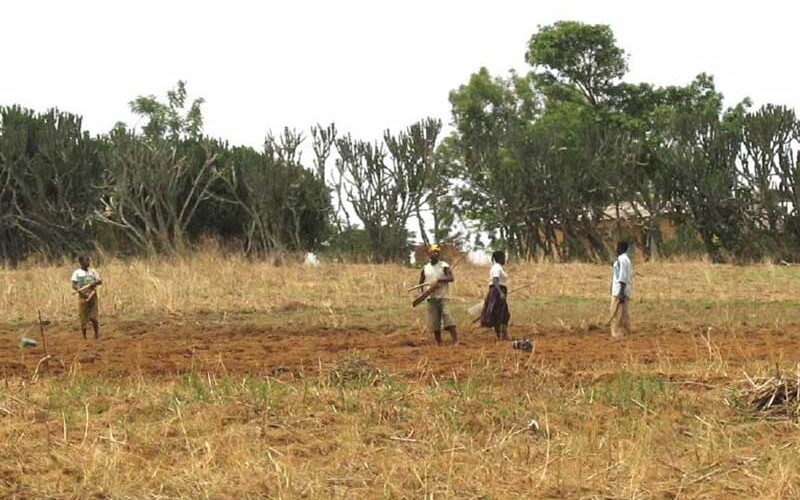
How Cabo Verde indigenous beans could boost food security
WITH just over half a million inhabitants, Cabo Verde is heavily dependent on food imports. It spent $65 million importing food products in 2018. ANYSE SOFIA FERNANDES PEREIRA ESSOH, PhD Student Tropical Knowledge and Management at Nova SBE (specializes in genetics and agrobiotechnology), Nova School of Business and Economics This dependence on food imports puts the country in a vulnerable situation when it comes to food security. According to Food and Agricultural Organisation, Cabo Verde has not yet eradicated hunger, with about 5.3% of its population suffering from food insecurity. There are other challenges too. Cabo Verde is located in…


